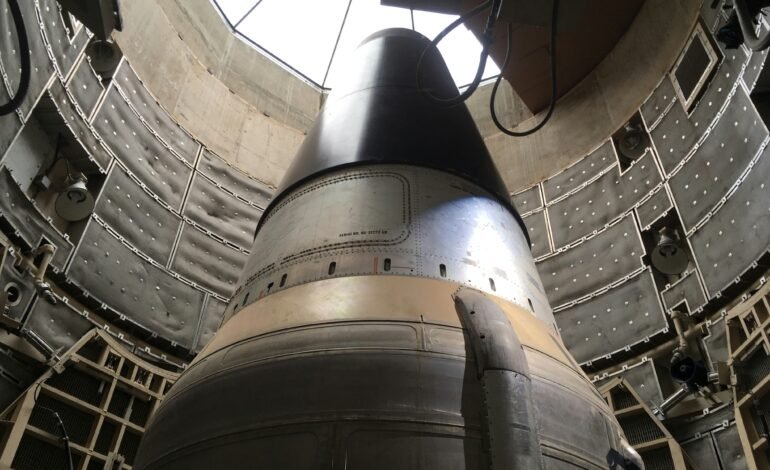US offers civilian nuclear plan to Iran
The proposals to Iran, still preliminary, have been discussed secretly between US envoys, Gulf Arab partners and intermediaries such as Qatar.

Photo of Stephen Cobb in Unsplash
In an unexpected diplomatic turn, the Donald Trump administration has explored the possibility of offering Iran access to up to $1–4T30 billion to develop a civilian nuclear energy program, in an attempt to restart dialogue and avoid further escalation in the Middle East. The proposal would also include sanctions relief and the release of frozen Iranian funds, sources confirmed to the White House. CNN four sources familiar with the negotiations.
Despite recent tensions and cross-attacks between Iran and Israel, US officials and key Gulf players have held secret talks with Iranian interlocutors. The channel of dialogue continued even during the bombings and gained strength after mediation by Qatar, which helped broker a fragile ceasefire this week.
Secret conversations during the conflict
An initial draft of the proposal, discussed in a secret White House meeting between U.S. special envoy Steve Witkoff and Gulf Arab partners, calls for regional investment in Iranian nuclear facilities that would not allow uranium enrichment. The United States would not directly finance the project, but would lead diplomatic talks and coordinate the technical plan.
The biggest sticking point remains the US demand for "zero enrichment," a condition Tehran has historically rejected, arguing its sovereign right to develop its own nuclear energy. Even so, the Trump administration has proposed that Iran import already enriched uranium, under a scheme similar to that adopted by the United Arab Emirates.
Economic incentives and nuclear reconstruction
Among the incentives on the table are the release of US$1.4T6 billion held in foreign banks, the possible replacement of the damaged Fordow plant with a new civilian facility, and the partial lifting of sanctions, subject to compliance with international guarantees.
Although President Trump has publicly stated that he does not consider a new agreement essential, his top advisors believe that formalizing a framework agreement would prevent further regional confrontations and curb the nuclear arms race. “We want to prevent Iran from having nuclear weapons. Nothing more, nothing less,” the president summarized during a NATO summit this week.
The possibility of resuming direct negotiations between Washington and Tehran remains up in the air. Iran has not confirmed the alleged meeting scheduled for next week, and the dates have not yet been officially set. Meanwhile, talks continue through regional intermediaries, while US government strategists try to consolidate a viable diplomatic framework before the international climate deteriorates again.
For more stories like this, follow More Latin.
Sources:
